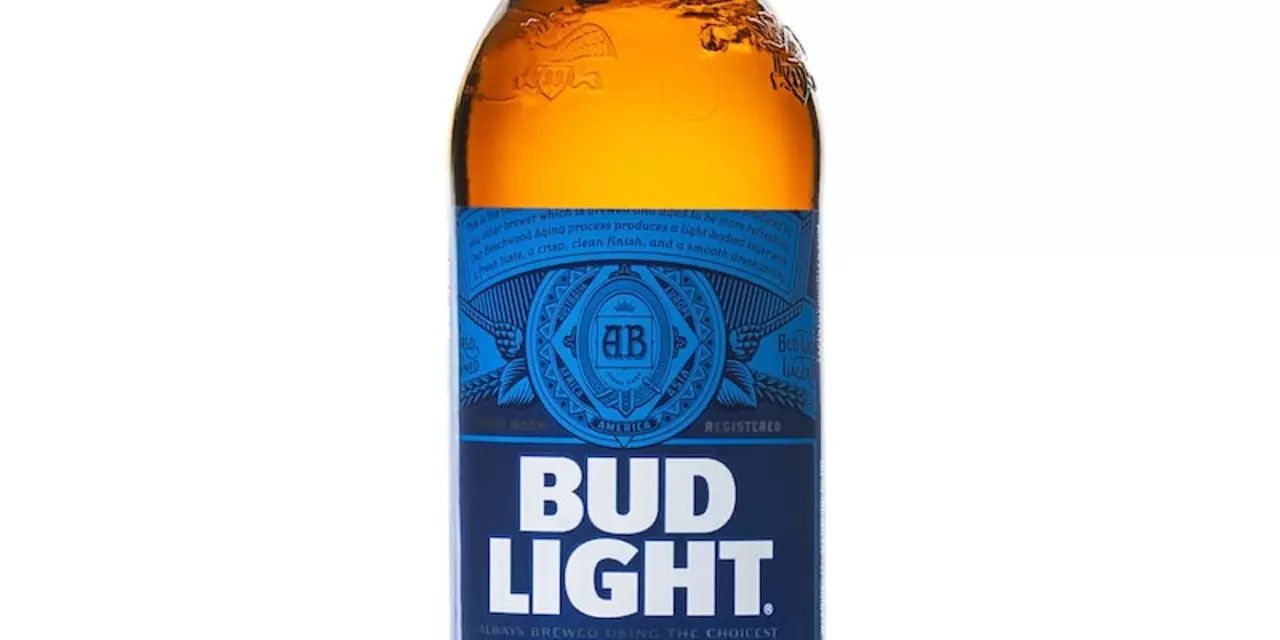Alcohol and Addiction: What You Really Need to Know
There’s a lot of noise out there about drinking and addiction. Some people say a few beers every night is no big deal, while others warn that even a drink can spell trouble. Where’s the truth? If you’ve ever wondered whether your (or someone else’s) drinking is harmless, risky, or something more serious, you’re not alone. The line between casual drinking and addiction isn’t always clear, but understanding the facts can help you spot a problem and decide your next move.
Start with the basics: what counts as “too much”? For men, drinking more than 15 drinks a week is considered heavy. For women, it’s more than 8. That six-pack every evening? That puts most people over the line, even if it feels routine. Even if you’re not reaching for bottles every day, binge drinking—knocking back five or more drinks in one sitting—can hurt your body and mind over time.
Alcohol doesn’t just mess with your liver. Sure, heavy drinking can cause liver damage, but the impact is bigger: it can ruin your sleep, spike your anxiety, and drag down relationships. Some myths just won’t die, like the belief that alcohol helps you sleep or lifts your mood. The truth? It makes sleep worse and depression deeper. And while adding water to a drink can dilute the alcohol, it won’t magically make it harmless.
So what makes addiction different from just liking a drink? Addiction isn’t just drinking a lot—it’s losing control over when or how much you drink, feeling powerless to stop, and suffering consequences you can’t ignore: fights at home, missed work, or a growing sense of shame. The worry isn’t just about physical health; it seeps into everyday life. Many alcoholics fret about the toll on their bodies but also about what others think, or whether they’ll ever feel normal again.
Ever wondered what happens at an Alcoholics Anonymous (AA) meeting? You don’t have to stand up and bare your soul. You can just listen, or just say your name. Some people find support in AA, others go in a different direction—what matters is finding real help, wherever you get it.
Different cultures handle alcohol differently, too. In Japan, drinking is woven into business and social life, but rising problems have pushed the government to act—raising taxes, banning bottomless deals, running public health campaigns. It’s proof that this issue is global, not just personal.
If you’re asking yourself, “Is my drinking a problem?”—trust your gut. Pay attention to your limits, take myths with a grain of salt, and talk to someone you trust, whether it’s a friend or a healthcare pro. The facts are out there, and help is, too. You’re not in this alone.
Is a six-pack of beer each night too much?
Enjoying a beer or two after a long day can be a great way to relax and unwind, but is having a six-pack of beer each night too much? While moderate consumption of alcohol can provide health benefits, drinking too much can lead to serious health issues. A six-pack of beer each night can quickly add up to a high amount of alcohol consumption, so it is important to be aware of the potential risks associated with heavy drinking. To stay safe, it is recommended to keep alcohol consumption within the recommended daily limits, as excessive drinking can have long-term consequences for physical and mental health.
Does adding water reduce alcohol percentage in a drink?
Alcohol content in drinks is a major consideration for many people. But does adding water reduce the alcohol percentage in a beverage? The answer is yes - adding water to a drink can reduce the alcohol content by diluting it. This is by far the easiest and most effective way to reduce the alcohol percentage of a drink. However, it should be noted that adding too much water may also make the beverage less flavorful. Therefore, it is important to find the right balance when adding water to drinks in order to reduce the alcohol percentage without compromising taste.
At what point do you die of too much alcohol?
Alcohol abuse is a deadly issue that can have tragic consequences. Even if you haven’t been drinking for a long time, the amount of alcohol in your system can still be too much. The question is, at what point does a person die from too much alcohol? The answer is, unfortunately, that it depends. Factors such as age, gender, weight, and overall health play a role in how much alcohol a person can consume before it becomes fatal. Additionally, it’s important to note that any amount of alcohol can be dangerous. Even one drink can be deadly if a person’s tolerance is low. It’s important to drink responsibly and understand the dangers of excessive drinking.
Is 5-6 units of alcohol twice a week too much?
This is a question that has been debated extensively, and the answer depends on a variety of factors. Consuming 5-6 units of alcohol twice a week can be too much for some people, while others may be able to handle it without any negative side effects. It is important to consider your own individual health and lifestyle when deciding whether or not this amount of alcohol consumption is too much. Your age, gender, body composition, and health history all play a role in determining how your body processes and metabolizes alcohol. Additionally, the type of alcohol you are consuming is also important to consider when determining whether 5-6 units twice a week is too much. Ultimately, the best way to protect your health is to consume alcohol in moderation, and to avoid binge drinking.
What are some of the myths about drinking alcohol?
Alcohol consumption is often surrounded by myths and misconceptions. Some of these myths include the belief that alcohol gives energy and can make you feel better if you are feeling down, that drinking alcohol will help you sleep better, or that alcohol can act as a form of medicine. However, these myths are far from the truth. In fact, alcohol consumption can lead to a range of adverse health effects and can cause harm to both physical and mental health. Therefore, it is important to be aware of the truth behind the myths in order to make informed decisions about alcohol consumption.
What do alcoholics worry about?
Alcoholism is a serious health problem, and can have a major impact on a person's life. Alcoholics often worry about the consequences of their drinking, such as the physical and psychological effects, the financial costs, and the strain it puts on their relationships. They may also worry about their ability to remain abstinent and cope with life without alcohol. Additionally, they may fear the judgment of others, or feel guilt and shame over their drinking. Understanding and addressing these worries is an essential part of the recovery process.
When I go to AA do I have introduce myself as an alcoholic?
This article provides an overview of attending Alcoholics Anonymous (AA) meetings. It explains that those attending do not have to introduce themselves as an alcoholic and can instead simply state their name and the fact that they are attending the meeting. It notes that while some may choose to, it is not necessary to share anything more than this. It outlines that the purpose of the meeting is to provide a safe space for individuals to talk through their struggles with alcohol and to receive support from others in the group. Finally, it advises that if an individual is feeling unsure or uncomfortable they can reach out to a friend or family member who has been to AA meetings before.
Why do people leave alcoholics anonymous?
Alcoholics Anonymous (AA) is a 12-step program designed to help people with alcohol addiction. However, some people find that the program is not effective and decide to leave. Reasons for leaving AA include feeling judged, not believing in the 12-step process, aversion to group meetings, pressure to pay dues, and feeling that it's not the right time for them to be in the program. Additionally, some people may find alternative treatments more beneficial. People who are considering leaving AA should consult with a mental health professional for guidance and support.
How much do alcoholics drink a day?
Alcoholism is a serious medical condition that requires professional treatment. The amount of alcohol an alcoholic drinks per day can vary significantly. Heavy drinking is considered to be more than 8 drinks per day for women and more than 15 drinks per day for men. Alcoholics typically drink more than the recommended limits for moderate drinking, which is up to 2 drinks per day for women and up to 3 drinks per day for men. Although the amount of alcohol an alcoholic drinks per day varies, it is typically above the recommended levels for social drinking.
Is alcoholism a problem in Japan?
Alcoholism is an issue in Japan, as a result of the country's culture of heavy drinking. Alcohol consumption per capita is higher than in other countries and the number of alcohol-related deaths has been increasing. The Japanese government has been taking steps to address the problem, such as raising taxes on alcoholic beverages and banning all-you-can-drink promotions. However, the problem persists and alcohol-related health problems are on the rise. To combat alcoholism, the government should focus on education and awareness campaigns, as well as providing better treatment options for those suffering from addiction.
- 1
- 2









